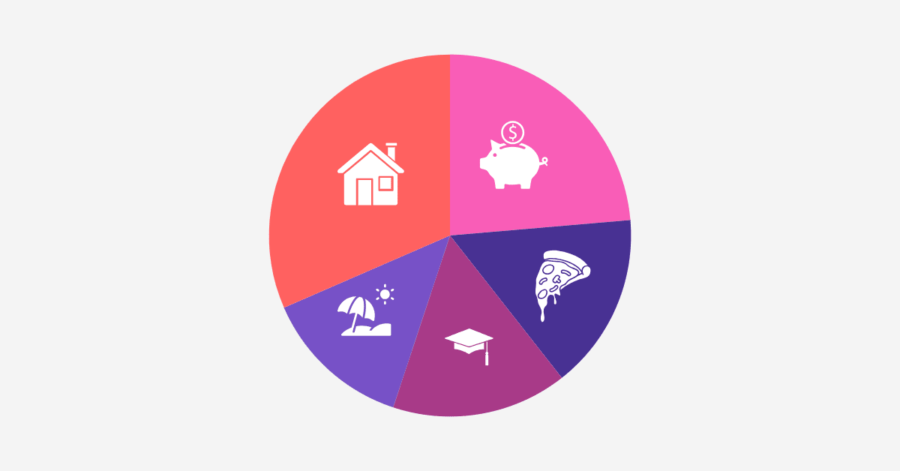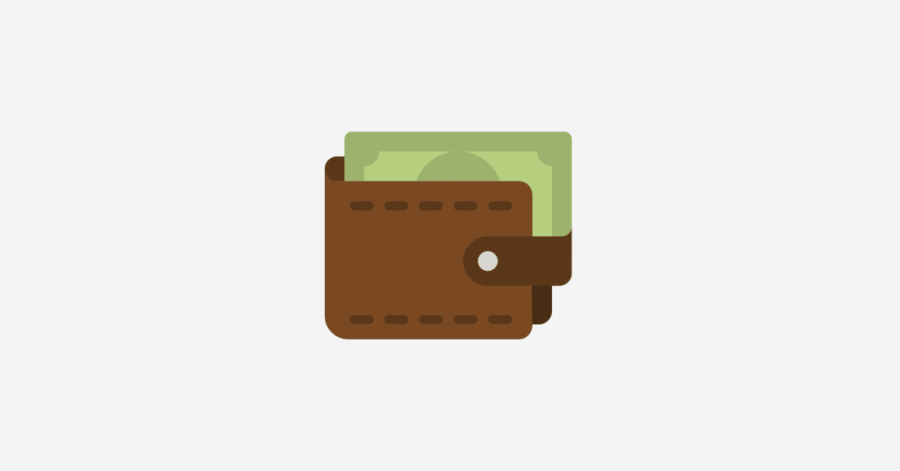Budgeting is very easy to take control of finances. Whether it’s for saving money, paying off debt, or even stop living paycheck to paycheck. Why do people often make financial mistakes? It is normal to make mistakes in budgeting, but ignoring them can ruin the budget.
What You’ll Learn
ToggleBudgeting Importance
Earning money is not enough to live a better life. More important is how you manage and plan that money.
In such a situation, budgeting becomes useful as it helps to manage finances effectively through proper planning. It allows you to track your income and expenses.
Most Common Budgeting Mistakes
Starting a budget is easy, but ignoring budgeting mistakes can ruin a simple budget. There are many financial mistakes, some are very small and some are large. Here are common financial mistakes:
1. Not Budgeting
Budget for everyone, this is true. But the biggest misconception about budgeting is that it’s only for people who are in debt.
Solution: Create a simple budget that aligns with earnings and spending. There are many budgeting methods available, like pay yourself first, the 50/30/20 rule, the envelope system, zero-based budget, and kakeibo budget.
2. Ignoring Irregular Expenses
Irregular expenses affect a budget indirectly. The unnecessary expenses are dining out, entertainment, subscriptions, shopping, or memberships.
Solution: Figure out how much to spend on basic needs, like rent, utilities, food, medicines, and groceries. Then fix the amount for wants that are commonly called unwanted spending.
3. Overspending
Overspending occurs when you spend more than you earn. This typically results in debt and financial difficulties. The reason is simple: not keeping track of money, making impulse purchases, ignoring the budget, or even using credit cards indiscriminately.
Solution: To avoid overspending, track expenses regularly and set a limit on the expenses category.
4. Not having an emergency fund
Not having an emergency fund means you’ll spend all your money and have nothing left to save. An emergency will knock on the door at any time.
Without an emergency fund, suffer from high anxiety and stress. The reason is simple: prioritizing unnecessary expenses over needs and living paycheck to paycheck.
Solution: To avoid, try to save money in small amounts. There are many forms of savings, so keep an emergency fund separate from them. Aim to have at least three months of advance savings that can be used in case of an emergency.
5. Not Tracking Spending
Blindly spending money is foolishness. Money without tracking leads to overspending. Including minor purchases like daily coffee shop visits.
The reason is simple: Thinking that tracking is too time-consuming and not using the budgeting method.
Solution: Use a budgeting method or tool, note down all expenses by category, and check the budget regularly.
6. Relying on Debt
The biggest mistake is to ignoring debts, whether it’s credit card and loan payments, and hoping they will “go away” on their own.
The reason is simple: Not knowing exactly how much you owe and not including the debt category in budget plan.
Solution: Before you take any action write all debts in paper or notepad, that will help you to understand what you owe, to whom, and at what interest. Then use debt snowball or avalanche method to repaying fast.
7. Using Gross Instead of Net Income
This mistake happens when you create a budget based on your gross income, which includes taxes, instead of your net income, which is after tax deduction. And this leads to an inaccurate budget.
The reason is simple: not knowing the difference between net income and gross income.
Solution: Always use net income when doing budgeting, and update the budget based on tax deductions. If income is irregular, then take the average of five continuous months’ income
8. No Savings
Savings are important, even tiny amounts make a big difference. Without savings, you’re unprepared for emergencies.
The reason is simple: spend all the money and nothing is left to save.
Solution: Use the pay yourself budgeting method, which has first priority is savings. Try to save in small portion that help to build a habit. Define savings goals, like for an emergency fund, travel, retirement, etc.
Budget Mistake in Real Life
Let’s take Ezz, an influencer who recently earned $10,000 a month. He decided to upgrade his lifestyle.
Ezz quickly upgraded his wardrobe, started eating at trendy restaurants, and even started wearing expensive clothes. It felt like he was finally living the life he’d always wanted.
But there was one problem that he didn’t have a budget. Ezz never tracked his spending, didn’t plan for savings, and assumed his earnings would cover everything.
A few months in, he realized he was carrying a growing credit card balance and had nothing saved. He was making good money, but overspending broke him.
Conclusion
Budgeting isn’t just about keeping track of numbers — it’s about making the right choices with your money.
Common mistakes like overspending, ignoring debt, not saving, or using gross income can contribute to falling short of your financial goals.
But every mistake can be corrected with awareness and action. Start small and be consistent.






